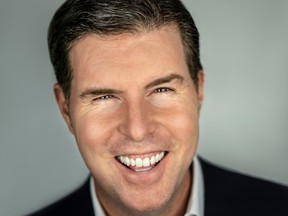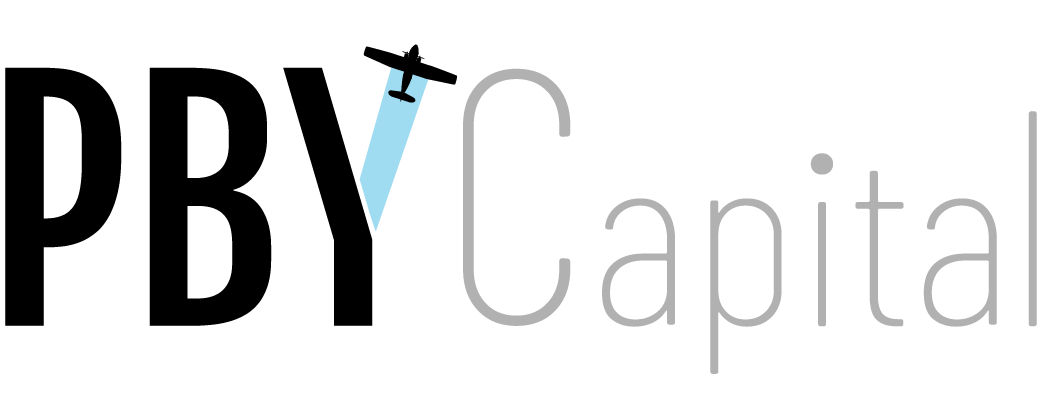Why we put our name on it: Ryan and Cindy Beedie on philanthropy
The family name appears on several initiatives, but the decision can be somewhat fraught, the Beedies explain

Article content
This is part of an occasional series of profiles of Canadian philanthropists exploring the question of whether to be public (versus anonymous) about their philanthropy.
Making the decision to put a name to a philanthropic initiative can present more discussion than an ultra-high-net-worth family might initially expect, even if they have a history of successful philanthropic projects.
Reasons for making substantial donations might be highly personal, and could result in a shift in public reputation, or affect other family members’ views on various sensitive business, political or even religious issues.
“Naming a gift sends a powerful message about the value philanthropy plays in strengthening our communities,” said Dr. Sharilyn Hale, President of Watermark Philanthropic Counsel.
“It can serve to honour a long-term relationship between the donor and the charity, or help a family visibly celebrate its values and legacy of giving. When you put your name on anything you open yourself up to scrutiny. Those who already live in the public eye may be more comfortable with this, but not all philanthropists are. Some philanthropists are private by nature, or concerned about personal security or protecting other family members. For personal reasons, some may wish to keep certain charitable commitments private, or may not want other charities to know the amount of their gifts to other charities.”
Here, Ryan Beedie, president of British Columbia-based Beedie industrial and residential real estate development company, and his wife, Cindy, executive director of the Beedie Foundation, explore the challenges and decision making that have gone into their many years of philanthropy – whether putting their name toward building a legacy or doing so simply to raise awareness for important causes.
Some families are reluctant to put their name to a philanthropic initiative. What prompted you to do so?
Ryan Beedie: “There are several reasons why we have chosen to put our family name behind various initiatives.
It can act as inspiration or motivation to others to give to causes they are passionate about. For the same reason we have found that matching programs can be successful. In a (somewhat) capitalistic society, it conveys a message to the general public that those who have benefited from the system are contributing back the community that is partly responsible for the underlying wealth creation.
It sends a message to employees and stakeholders that they are affiliated with a family or company that values giving back to society. It reinforces that ‘reputation matters’ and that the long terms goals of the community and the family or business who made a philanthropic gift are generally aligned.
Legacy – we are here for a limited time and putting one’s name behind a cause or causes sends a message to those in the future as to what values the family or company in question mattered the most. It is part of a long-term mind set.”
Why did you or your family choose the particular project that you put your name to?
RB: “We have several initiatives and projects we have put our name to (i.e., Beedie School of Business, Beedie Luminaries, etc.). If we have put our name on something it means we have made a significant investment in an area that is very important to us.”
Does putting your family’s name to an initiative open you up to potential risks?
Cindy Beedie: “Yes, there are risks. Having our name becoming more prominent increases the exposure of the family, which can bring complications. Further, if something negative happens with the organization or initiative there is the potential for blowback and risk to the family reputation.”
Are there pressures to put your family’s name to an initiative, or not to do so?
RB: “The only pressure ‘not to’ would be due to the risks.
There can be some pressure to put our name to something where the organization in question is keen to use our name. In general, we are more than happy to do so if it can result in more funds being raised as a result (i.e., our recent matching funds initiative with the Food Bank).
At the same time, we need to be mindful of overexposure and ensuring the initiative we are supporting is consistent with our overall vision.”
Do you have other philanthropic initiatives that you don’t put your/your family’s name to?
RB: “We support numerous organizations and we put our name behind them unless they (in rare circumstances) wish to keep their fundraising anonymous.”
How do you, your family and your foundation choose from among many good causes?
CB: “This is always the challenge, given how many worthy causes and organizations need support.
We try to be proactive, and not reactive, looking for organizations that align with our family values and family mission statement.
We are looking to make a larger impact with a smaller number of initiatives and organizations.
We also often support initiatives and organizations that our friends are passionate about, as we want to encourage others to give.
We tend to avoid the endowment model, as we want our funds to go to work right away. Further, the returns in our business exceed what would be achieved if the funds were invested by the charitable organization we are donating to. We enter into Gift Agreements which outline the milestones for the gift payments, so they correspond with the expenditures and commitments the organization has made.”
Responses were lightly edited for clarity and length.
More from Canadian Family Offices:
- The beer-brewing family who lost it all
- Naim Ali, CEO of Calgary’s SM2 Capital Partners, on immigrant success story
- Bill C-208: Advisors work overtime on succession plans as tax changes loom
- Why this next-gen thought it urgent to set up a family office
Please visit here to see information about our standards of journalistic excellence.



